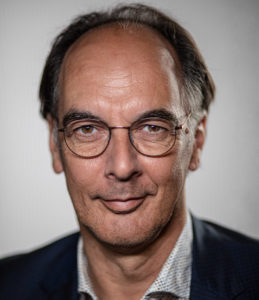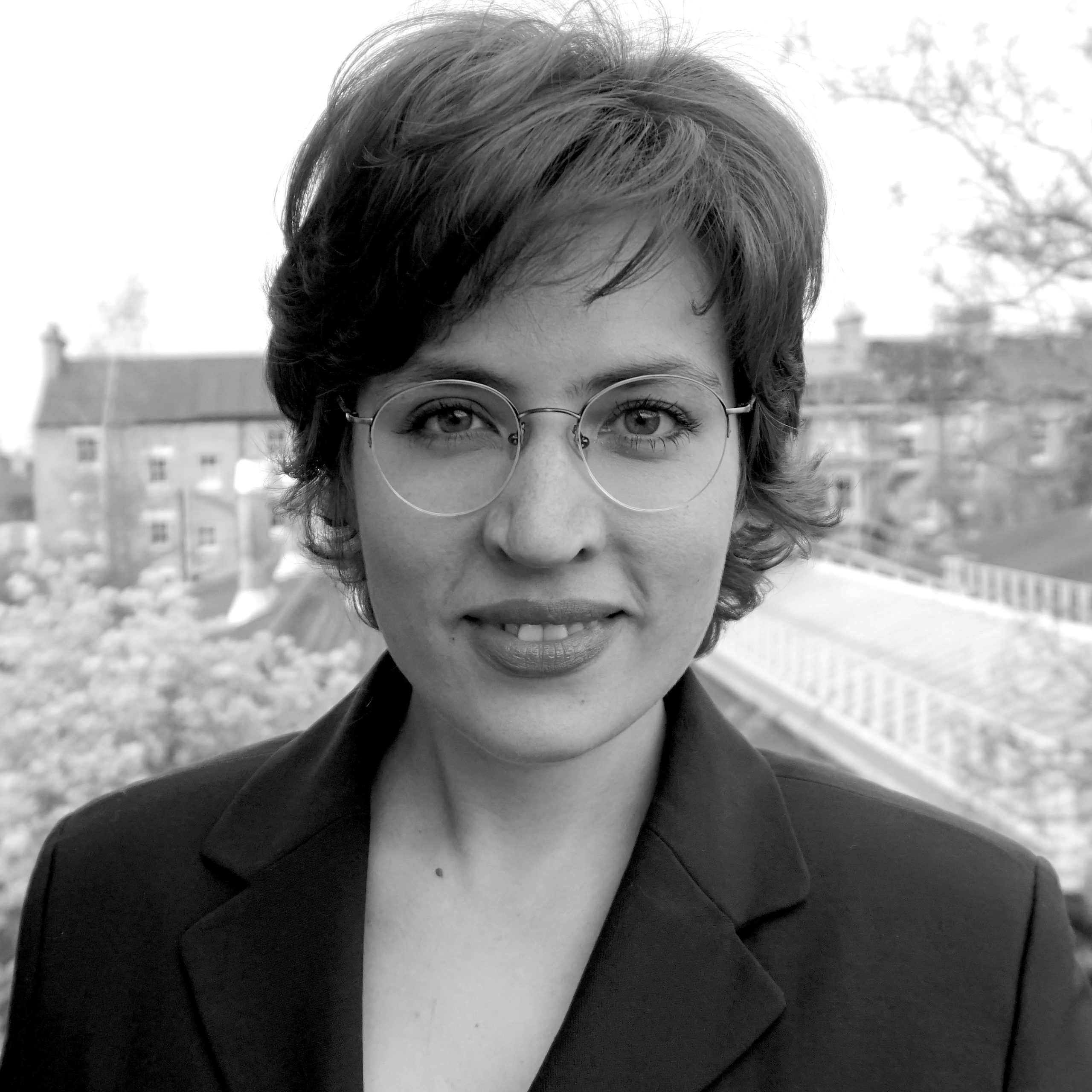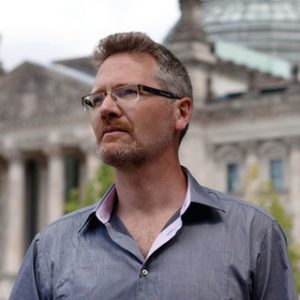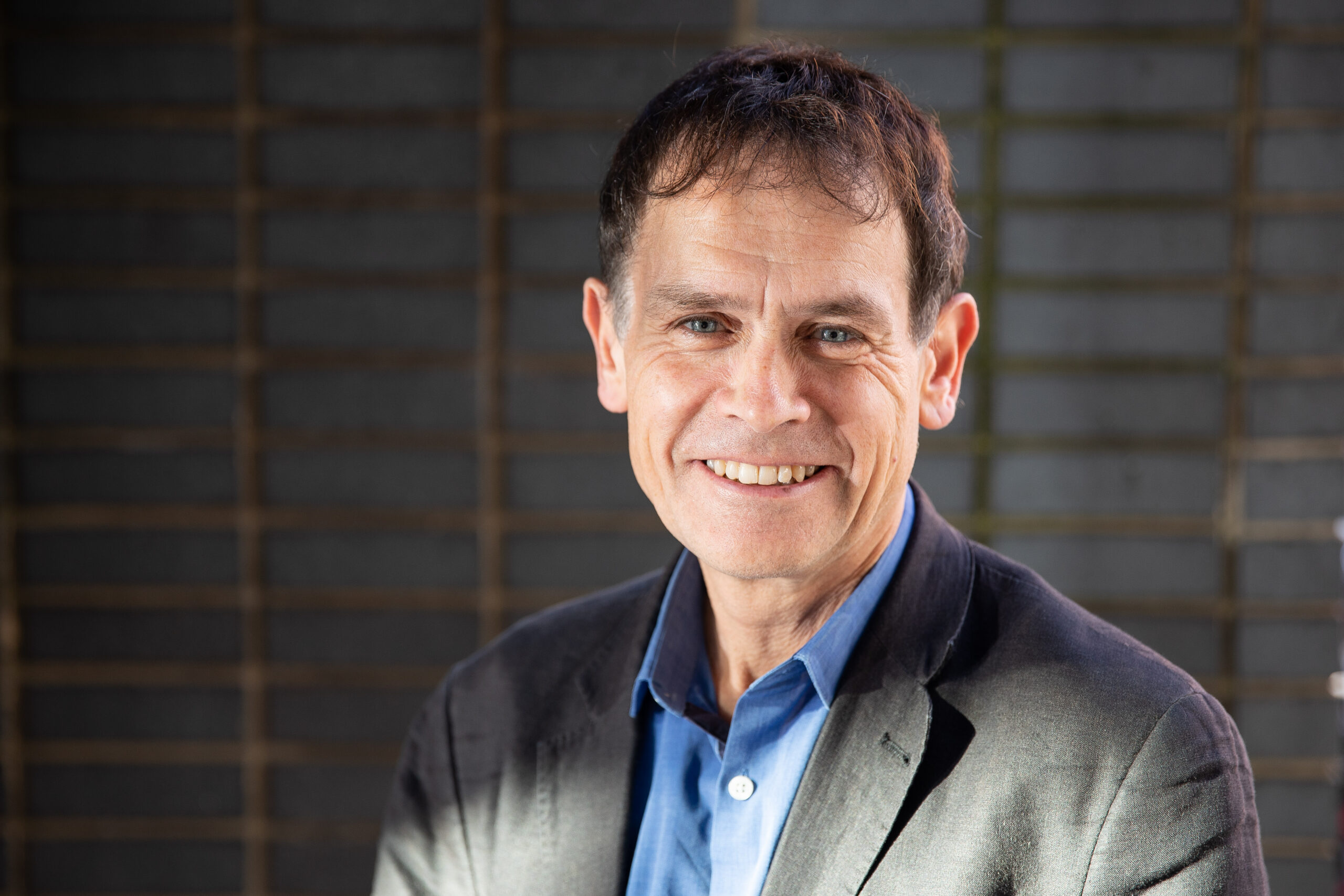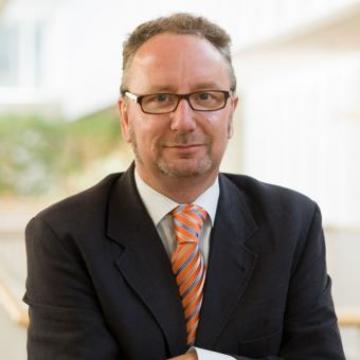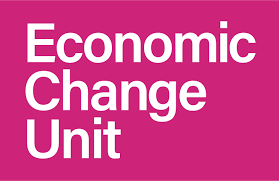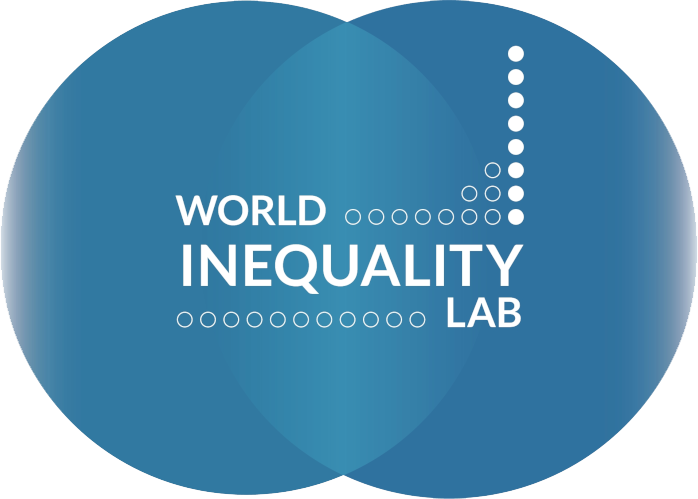
The Forum New Economy – About us
The Forum New Economy is a non-partisan platform founded in Berlin in 2019 with the aim of seeking new solutions and a new overarching paradigm for the major challenges of climate change, growing inequality and globalisation, as well as redefining the role of the state. It supports innovative researchers and brings together renowned experts with practitioners and the wider public.
What does the Forum New Economy do?
Experts around the world are working to develop better answers to the great challenges of our time – with the aim of achieving sustainable prosperity for all. Supporting these ideas and confronting them with real-world scenarios is one of the main tasks of this Forum.
Modern democracies today are confronted with a deep crisis of confidence that three decades of poorly managed globalization and exaggerated faith in the efficiency of markets have contributed to. While markets may produce huge benefits, an all too orthodox belief in their merits has left behind a raft of challenges that now threaten to overwhelm our societies. To solve this crisis and prevent populists from filling the vacuum, governments need more than just answers to specific policy challenges. If we are to restore the credibility of our democracies, a new narrative and policy framework is required that recognizes the limitations of markets, lays out a more innovative role for the state and broadens our view of what comprises economic success. To regain confidence in the future, people must believe that policy-makers are driven by a vision of society in which the fruits of economic activity are shared broadly and where people exercise real control.
To accelerate the emergence of such a new guiding principle in economic policy is one of the main goals of this Forum. As a critical part of a growing international network, the Forum generates and supports new overarching responses to the major challenges of our time – be it climate change, inequality or financial market instability.
The Forum is supported by major organisations such as the OECD, the Institute for New Economic Thinking and the Paris Institute OFCE, as well as foundations such as the Hewlett Foundation, the Mercator Foundation, the European Climate Foundation, the Bennemann, the Canopus Foundation and the Macronome. In addition, the initiative cooperates with DIW Berlin through a research project. The Forum is also supported by a few dozen renowned experts from Germany and abroad, including Mariana Mazzucato, Branko Milanovic, Joe Stiglitz, Michael Spence, Moritz Schularick, Marcel Fratzscher, Martin Hellwig, Jakob von Weizsäcker, Jens Südekum, Tom Krebs, Anatole Kaletsky, Ottmar Edenhofer, Barry Eichengreen, Adair Turner, Laurence Tubiana, Pascal Lamy, Hélène Rey, Katharina Pistor and others.
The team
In a highly dynamic team, six employees and three fellows work at the frontier between new economic thinking and policy making.

Isabella Wedl
Senior Advisor on Climate Policy
Fellows
Who supports the Forum
New Economy?
Since its inception, the Forum New Economy has built up a network of national and international partner organisations and has collaborated with numerous renowned economists and academics from other disciplines.
Our academic partners
The Forum is supported by a group of high-level academic partners, among them Nobel laureates and leading international and German economists.
Our partner organisations
The Forum collaborates with a network of leading institutions, including the OECD, DIW Berlin, the Institute for New Economic Thinking, the European Climate Foundation, the Jacques Delors Institute, the Global Solutions Initiative, the World Inequality Lab, and OFCE in Paris.


